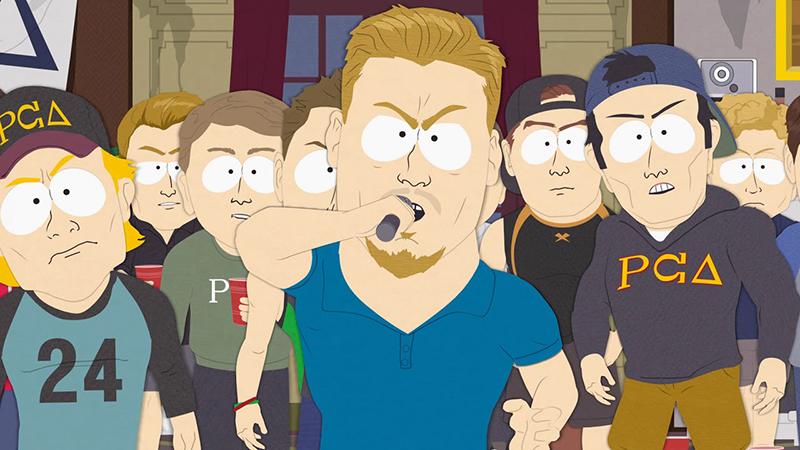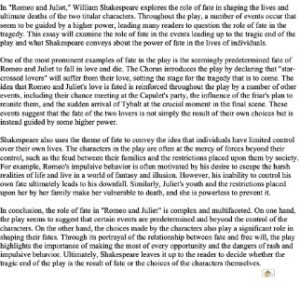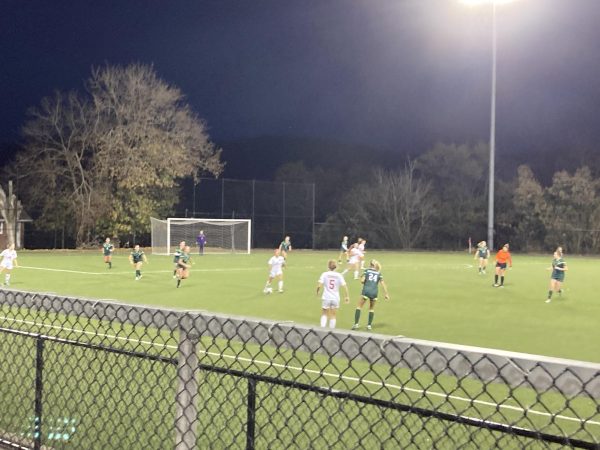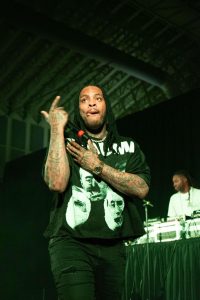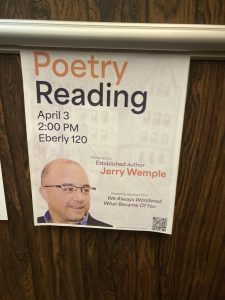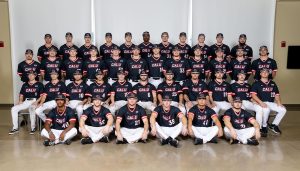Stunning and Brave
South Park’s fall premiere tackled the war on poltical correctness
October 1, 2015
On September 16, South Park premiered the first episode of its nineteenth season. Creators Trey Parker and Matt Stone proved that they are still on top of the most pressing, controversial, and relevant topics of today’s society. An episode entitled, “Stunning and Brave,” satirically tackled the war on political correctness and stirred controversy for those who advocate for the elimination of offensive language. Those who promote political correctness know that there are details that factor into why certain language is offensive. It often promotes gender stereotypes, racial stereotypes, and generally discriminates against marginalized groups.
The war on political correctness is primarily fought between two groups of people. Advocates for political correctness are typically college-aged students. This is because these students were born in an era where segregation was known to be over and sexism, racism, and other forms of discrimination were no longer seen to be the norm. Whether or not racism and sexism still greatly exists in our nation is another article for another day. However, because these students were born at that time, the majority grew up learning that acceptance of all people was expected and generally have a progressive mindset. Thus, when confronted with differing mentalities they encourage political correctness to further acceptance and end discrimination of all kinds. Fighting back on the other side of the war are primarily comedians. Comedians have been the most outspoken in the criticism of political correctness saying instead that kids are being oversensitive. Several well-known, respected comedians have refused to play at colleges because too many of the students complain that their jokes are politically incorrect and offensive. Among these comedians are Jerry Seinfeld, Larry the Cable Guy, Chris Rock, and Bill Maher. The war on political correctness has begun to take an aggressive tone. Many of those fighting for political correctness have confronted criticism using harsh names and insults towards those who disagree. While comedians have consistently mocked those who speak out against their envelope-pushing jokes.
Trey Parker and Matt Stone certainly joined the side of fellow comedians in pointing out the flaws of the “social justice warriors.” While they did attempt to provide defense of political correctness, their message was clear. In the episode “Stunning and Brave,” political correctness has entered South Park, Colorado in the form of a white “frat bro” named PC Principal. While PC Principal disapproves of labeling, he is quick to label those around him as bigots.
While he fights against micro aggressions toward communities that have been discriminated against, he aggressively beats Cartman for using the term “spokesman” instead of “spokesperson.” In his spare time, PC Principal drinks excessively while surrounding himself with only those who also identify as PC.
The episode is centered around PC Principal and Kyle’s feud on whether or not Caitlyn Jenner is a hero, a topic that dominated social media after she was nominated and won an ESPY. PC Principal punishes Kyle for saying that Caitlyn Jenner is not a hero and condemns Kyle for his offensive discrimination against the transgender community and lack of social acceptance. Kyle then wakes up one morning to find pigs in his room with the word “Biggit” painted on them and male genitals drawn on his face. PC Principal defends himself saying that he checked Kyle’s privilege. Further commentary on political correctness is offered when Randy accidentally gets roped in to PC Principal’s friend group, which resembles a group of “frat bro’s.” Randy spends his nights drinking and his mornings lecturing others about political correctness. As he is trying to hold in regurgitation from his hangover he is regurgitating the political correctness script to his son. The episode features much of the recited language and statements used by those who fight for political correctness. This involves phrases such as, “defending marginalized communities from systems of oppression,” the term “white privilege,” and “male privilege.” Much of the hazing the PC frat bros have pledges do is “checking someone’s privilege.” This involves phrases such as, “defending marginalized communities from systems of oppression,” the term “white privilege,” and “male privilege.” Much of the hazing the PC frat bros have pledges do is “checking someone’s privilege.”
Though it is hard to believe, the episode is not meant to mock those who choose to stand up for discriminated genders, races, and other groups that have been oppressed. I consider myself someone who pushes people to be politically correct and advocate for not only social awareness but also social acceptance. However, what the episode sought to prove is the aggressive nature the war on political correctness has acquired has not created acceptance but silence. To avoid being beaten or given detentions, Cartman and Kyle decide to just keep their mouths shut. The dialogue is frozen and the main goal of political correctness, which is progress, is stopped. Another point the creators attempt to make is that social justice warriors disregard Caitlyn Jenner’s past flaws because she now represents a widely discriminated community.
They applaud her for her bravery in publicly coming out and bringing attention to the issues and discrimination faced by the transgender community. Kyle’s defense as why he does not consider Caitlyn to be a hero is because Kyle did not like Bruce Jenner as a person and has no inclination to like Caitlyn either. This is a valid point as Bruce made his life very public through reality television, but Kyle, and others who share this viewpoint, are immediately labeled as bigots for not hailing Caitlyn Jenner as a hero. Parker and Stone are trying to bring to light another troubling problem of the political correctness movement. Many of those standing up for marginalized groups do it to feed their own egos, not necessarily because they care about those people. PC Principal is meant to resemble the “social justice warrior” that does nothing for African Americans, women, Hispanics, or other minority groups. Yet, he points out problematic language and hails himself for his heroism.
Parker and Stone brought about great points to the strong and growing community that advocate for political correctness. They pointed out that the increasingly aggressive nature toward those who do not obey could often stop progress because it stops the dialogue. They also make the point that being a part of a discriminated community does not make one invincible to other flaws. I do hope to see people continue to challenge those to be culturally sensitive, but as opposition has pointed out, it is important to find a balance and not be oversensitive. Advocating for political correctness, standing up in opposition to discrimination, and challenging gender stereotypes is how our country will continue to move forward. However, to keep the momentum, the movement cannot be antagonistic and must be fueled by honest people.

